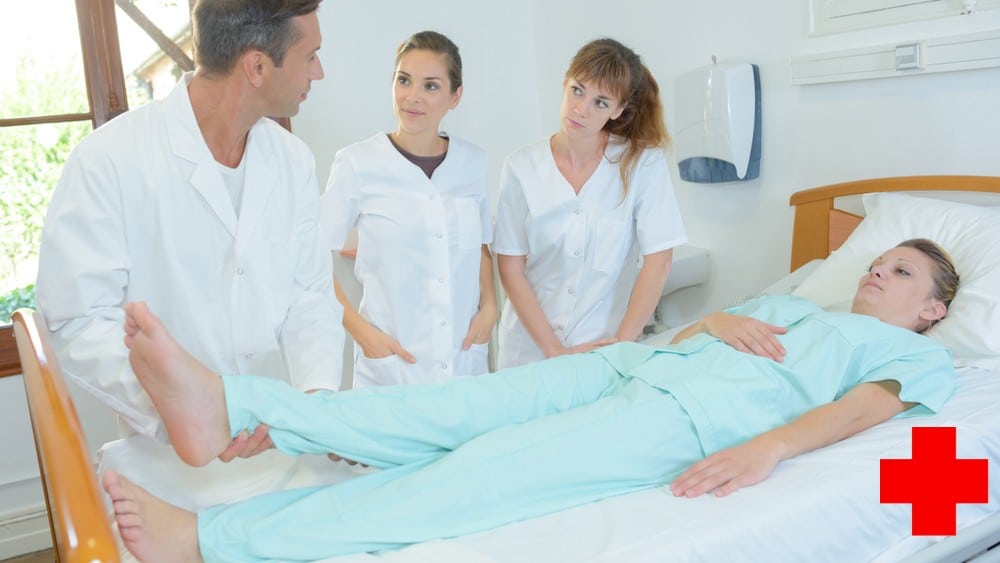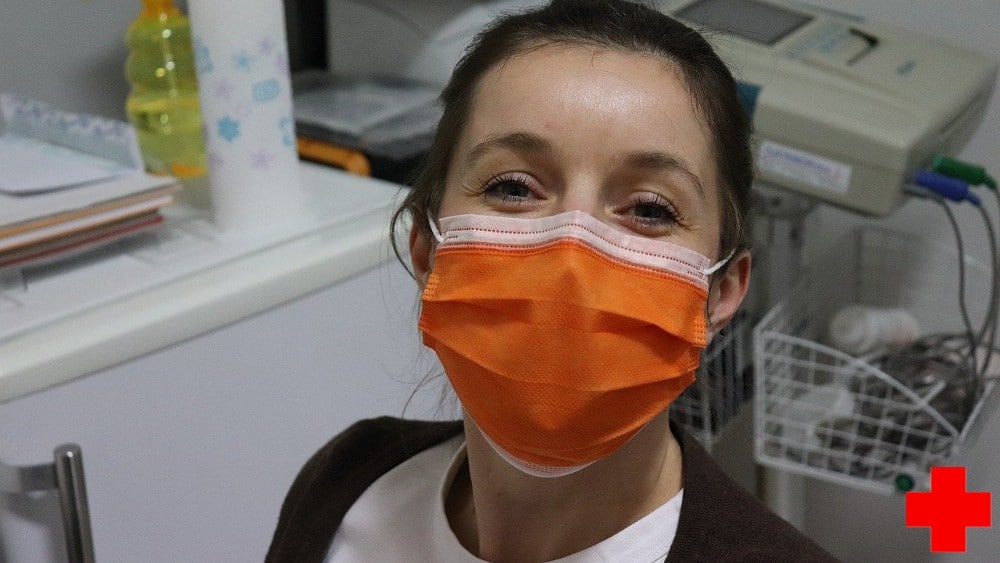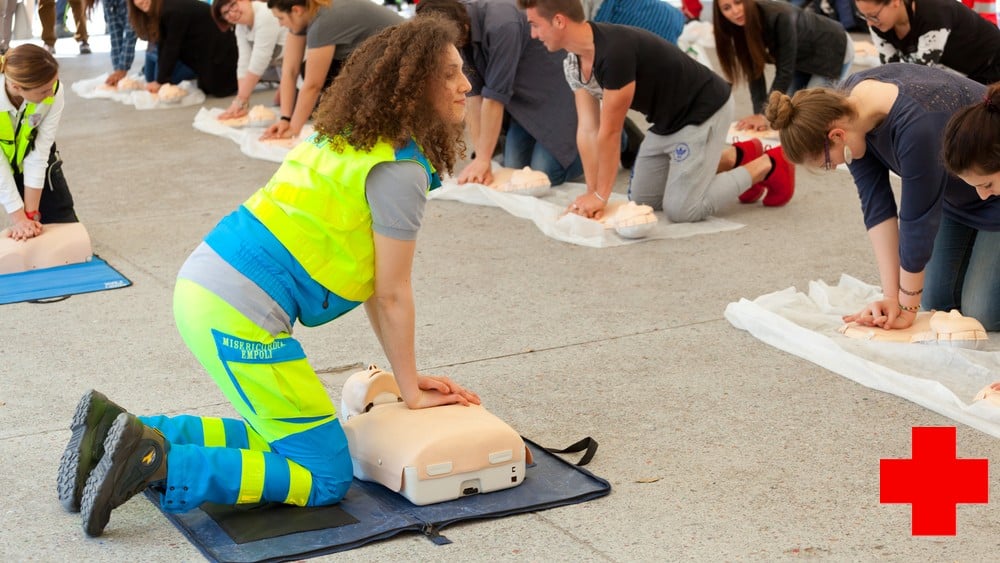Hello and welcome to another educational article on the various skills that Licensed Practical Nurses must possess.
Today, you will learn the effects of such skills on an LPN resume, the top essential skills to include in a resume, a job search, and more.
In this article, we shall discuss the following and more:
- LPN Skills – Technical/clinical
- LPN Skills – Non-Technical/Soft
- Top LPN Skills for Resume – Technical
- Top LPN Skills for Resume – Non-Technical
Let’s get down with it!
LPN Skills – Technical/clinical

Technical/clinical skills are job-related practical knowledge LPNs to perform their duties.
The following are some of the essential clinical LPN skills:
Monitoring vital signs: LPNs can take vital signs like breathing, temperature, blood pressure, and heart rate from patients.
CPR: LPNs can begin CPR according to BLS recommendations. An LPN’s scope of practice includes checking for the presence or absence of a pulse and initiating CPR.
Wound care and redressing: The LPN administers the recommended care to the patient at-risk of or with wound care needs under the supervision, delegation, and guidance of the registered nurse or prescribing practitioner (e.g., physician, APRN, or physician’s assistant).
Inserting urinary catheters: A urinary catheter is inserted and removed by an LPN. Use of indwelling or retention catheter is done for various reasons, including but not limited to: Before, during, and after surgery insertion.
IV administration:: Under the supervision of a registered nurse, Licensed Practical Nurses (LPNs) may give intravenous drugs and fluids if they have had the requisite practice and annual documented education.
Conducting physical assessments: At the instruction of the RN or another approved health care practitioner, the LPN may do a focused nursing evaluation and re-assessment of a patient’s health state.
In addition, the LPN may do a physical examination.
Peripherally Inserted Central Catheter (PICC): PICP is used when IV is needed for an extended time.
Administering injections: Licensed Practical Nurses (LPNs) have the authority to give intramuscular and subcutaneous injections within their knowledge, skill, and ability under the Nurses (Licensed Practical) Regulation.
LPNs carry out these actions under the supervision of a physician, nurse practitioner, or registered nurse.
Nasogastric Tube (NG Tube) Placement: The insertion of nasogastric tubes is within the scope of practice of the appropriately prepared Licensed Practical Nurse.
However, they must have documented evidence of initial and ongoing training and competence in performing this procedure.
In addition, the healthcare facility must have a documented policy outlining the licensed practical nurse’s safe limitations and obligations when doing this technique and the appropriate resources.
Enema Administration: An enema can be given by an LPN.
Enemas are fluid injections that are used to cleanse or accelerate bowel emptying.
LPN Skills – Non-Technical/Soft

LPNs need to have various soft skills to excel and enjoy their work.
These skills include:
Empathy: LPNs use empathy to connect with their patients and establish trust.
It makes patients feel heard, understood, and cared for.
For example, when chatting with patients or their family members after delivering medical news, LPNs demonstrate empathy, as a caring approach can bring solace in difficult situations.
Working under pressure: It’s critical for LPNs to keep a calm attitude and continue operating efficiently during an emergency to give the greatest care to patients.
Staying focused during an emergency reduces risk and increases the likelihood of a favorable outcome for the patient.
Time Management: LPNs need to prioritize and document their tasks, assign roles when possible, avoid unnecessary chats, and anticipate in advance.
Effective management of time is crucial.
Communication: LPNs frequently pass information between patients and doctors.
Important information is transferred swiftly and properly using clear, concise communication and active listening abilities.
Compassion: This is one of the essential virtues of a nurse.
They should nurture and care for, and comfort patients in difficult situations.
This soft skill constitutes the crux of the nursing profession.
As a nurse, you should care about everyone. You can’t be a person who doesn’t care about others.
Critical thinking: Critical thinking involves interpretation and analysis of the problem, reasoning to find a solution, application, and finally, evaluation of the outcomes.
Self-confidence: Self-confidence can affect all aspects of the clinical performance of an LPN, including relationships with clients, colleagues, and other members of the healthcare team, all of which affect the quality of patient care.
Teamwork: To provide care for patients, LPNs frequently collaborate with a team of other medical professionals, including doctors, nurses, and anesthesiologists.
Effective LPNs are dependable team members who provide patient information and keep track of records accurately.
Patience: Nurses need to deal with all types of patients daily, including the treatment of moody patients, active children, tired pregnant women, and the list continues.
Nurses must deal with all these situations gracefully and with the utmost professionalism.
It always requires patience and forgiveness. Frustration must stay inside.
Top LPN Skills for Resume – Technical

Your resume should emphasize your clinical nursing skills and techniques to demonstrate your experience in a long-term care facility, hospital, nursing home, or other healthcare setting.
Such nursing skills include adhering to hygiene standards, properly arranging hospital beds, measuring a patient’s blood pressure, administering injections, and more.
Though there are several hard skills of LPNs, as mentioned above, your competence or expertise, and experience in the following will make your resume stand out:
Urgent care and emergency care: This skill involves responding quickly to medical problems encountered by patients.
An example of urgent care and urgent care skills is caring for and bandaging a wound properly.
Even LPNs not working in emergency rooms (ERs) may need to apply basic nursing care and urgent care skills, making them important skills for all nursing professionals.
Checking and monitoring vital signs: One essential responsibility of every practical nurse is to check and monitor the patient’s vital signs.
The nurse needs to know how to check and monitor the patient’s heart rate, breathing, blood pressure, temperature, etc.
Vital signs provide nurses with critical information to determine treatment protocols, track how treatment works, and provide important information for making life-saving decisions.
Patient and family education: Appropriate patient and family education inform patients and their families about their health and how to care for themselves to prevent them from returning to the hospital upon discharge.
Patient and family education helps patients to make informed decisions about their care.
LPNs play a vital role in educating patients and their families about important safety precautions, diagnoses, and treatment strategies.
Patient safety: Patient safety includes proper patient and family education, creating a safe environment that minimizes the risk of falls, preventing mistakes, and learning from mistakes if and when they occur.
Practical Nurses help keep patients safe.
Patient safety helps minimize the risk of harm to the patient, maximize recovery, and protect healthcare facilities and staff from liability issues.
Technology skills: Technology skills include using a wide range of technologies.
For example, nurses can use a hospital management system to share information about patients and families, monitor vital signs, and maintain patient records.
Top LPN Skills for Resume – Non-Technical
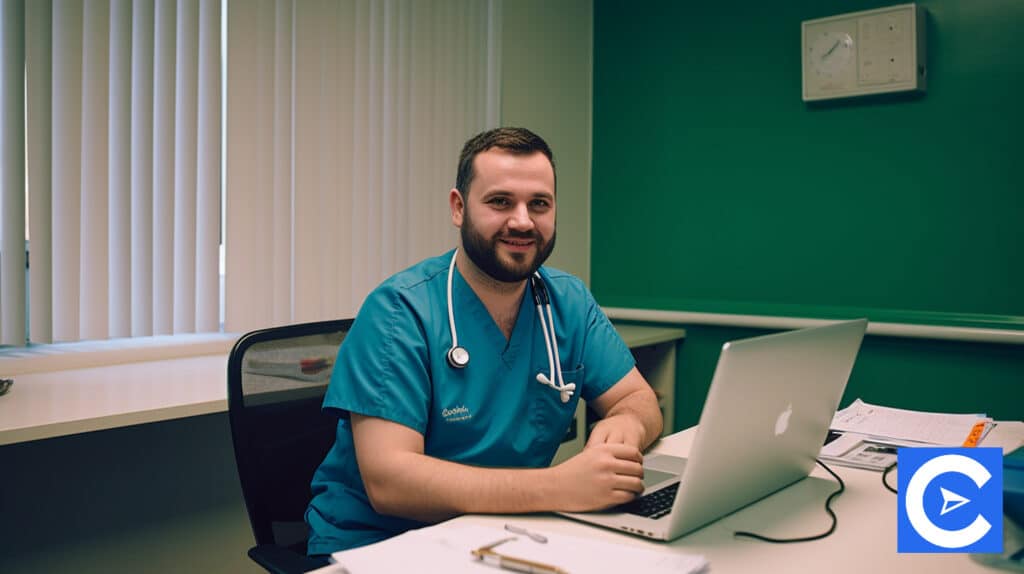
The employer examines the candidate’s soft skills to determine if the candidate can work well with other team members and patients.
Technical skills are often easier to acquire through on-the-job training.
However, some employers may prefer candidates with stronger soft skills. Here are the topmost essential soft skills practical nurses must possess and subsequently include in their resume:
- Communication Skill
- Critical thinking and problem solving
- Time management and Stamina
- Ethics and confidentiality
- Teamwork and dependability
With the technical skills listed on your resume, having these soft skills will increase your chances of landing a good LPN job.
Conclusion
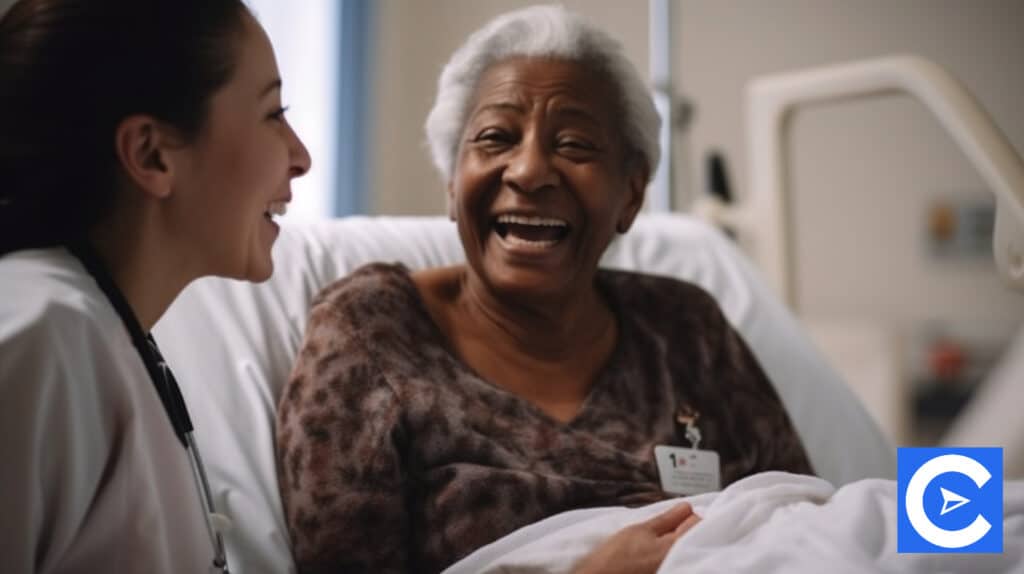
Soft skills are valuable and do not require special training because a big part of a nurse’s job is communicating with people.
However, most nursing positions require technical skills, which are more technical and procedural.
A nurse’s function and responsibilities will be determined by the clinic or section of the hospital where they work.
Depending on your nursing specialty and the sort of facility you work in, you may need additional coursework or training.
Both skill sets are equally important to develop, as they will improve your resume and, as a result, make you a more effective employee and leader.
In addition, because there is a growing demand for healthcare personnel in the United States, your job prospects as a nurse look promising.
Working in hospitals, smaller clinics, specializing, or providing in-home care are all options.
FAQs

Is communication an essential soft skill for LPN?
Oral communication is one of the most important soft skills a practical nurse should possess. The nurse should speak clearly, using full text and a professional tone. You also need to speak and practice the correct grammar to convey your message to your patients and doctors accurately.
Can LPN draw blood?
One of the licensed practical nurses’ most important daily responsibilities is to collect patient samples for routine clinical examinations, such as blood, urine, feces, saliva, and other body fluids. In addition, some practical nurses are trained to draw blood to test for specific illnesses and infections.
What makes a great LPN?
One of the essential skills required of a licensed practical nurse is patience. Therefore, LPNs should always learn to be calm, focused, and patient when dealing with such taxing situations. In addition, practical nurses need to have good social relations and good interpersonal skills.
Can LPNs use their skills to solve problems?
LPNs need to have critical-thinking skills. Practical nurses will solve problems much more effectively by asking the right questions, referencing past medical experiences, and considering multiple options. Those who use problem-solving skills see problems as obstacles and opportunities to improve their patients’ health and well-being.
Is knowledge of medical terminology an LPN skill?
As the medical industry constantly changes, keeping up-to-date medical terminology is important for LPNs to ensure success. LPNs can stay up to date on changes in the medical field by subscribing to nursing publications, attending conferences, or reading newly released medical books and articles to maintain skill set relevance.
Why is Stamina important to an LPN?
One of the most common physical requirements of nursing is aches and pain. Nurses will have to stand and walk (sometimes run) for extended periods, which can strain their legs and back. In addition, the nurse needs to lift the patient and move heavy equipment.
References
Essential LPN Technical Skills


